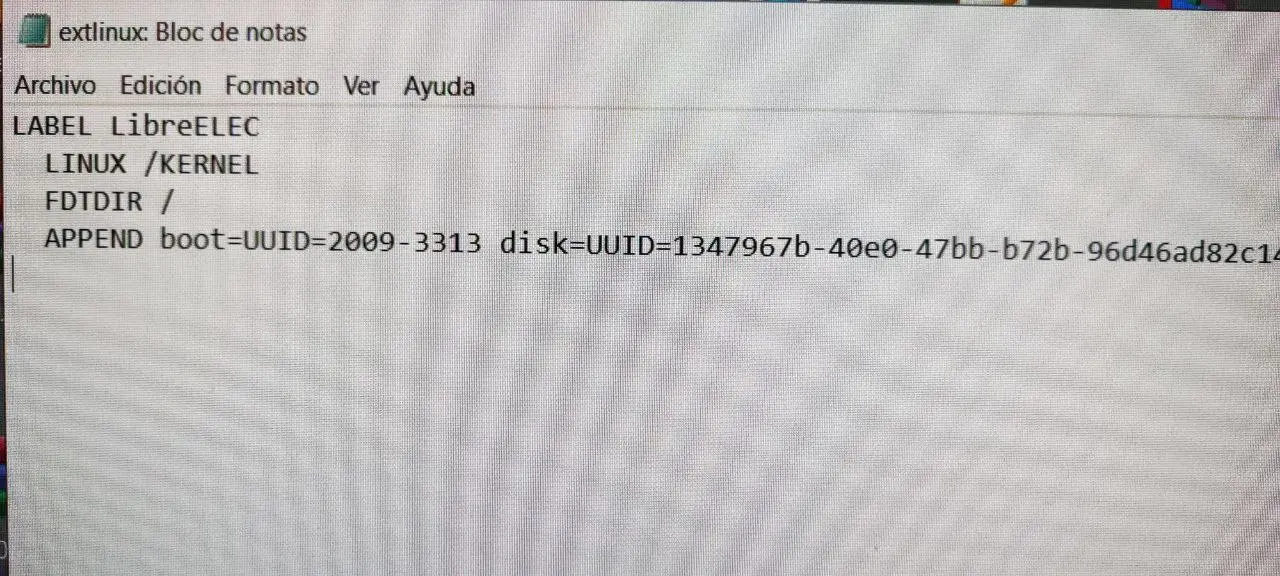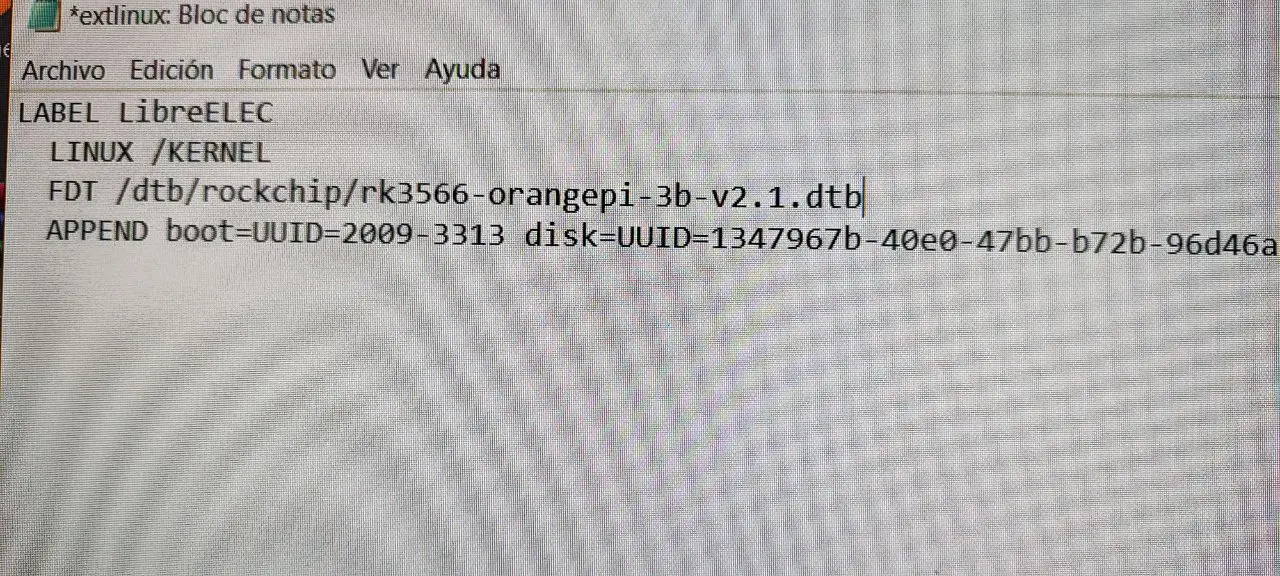Dunno if that is in some way relevant for LibreELEC, but it may provide a clue
I'd expect Wayland to be using zero-copy rendering as this is supported by the DRM layer and Mesa on RK hardware. For zero-copy to work mpv needs to use DRMPRIME pixfmt so buffers contain a pointer to a frame (in DMA) not a decoded frame. I'm not familiar with mpv config options but I'd guess --vo=dmabuf-wayland forces the correct output buffer format (that the compositor expects) for that to work.
LE is not using mpv or Wayland, but Kodi and ffmpeg support both zero-copy (DRMPRIME) and normal (EGL) output. DRMPRIME is the default in all our ARM SoC images as it's more efficient, which is important for ARM SoC boards.
NB: I have no playback issues with any of your private test samples on newer RK boards (356X, 3576, 3588).



